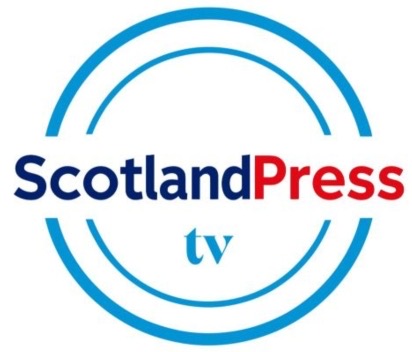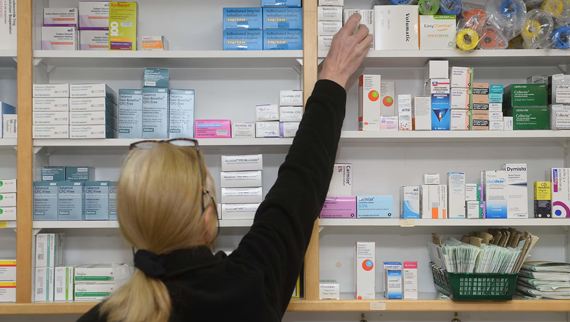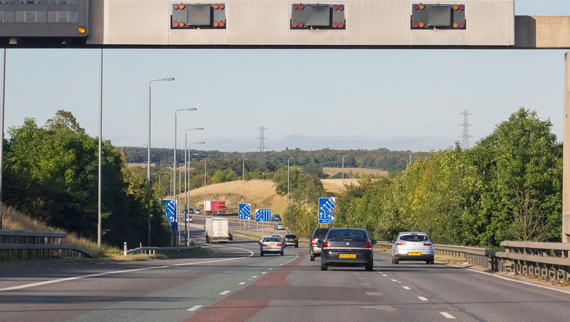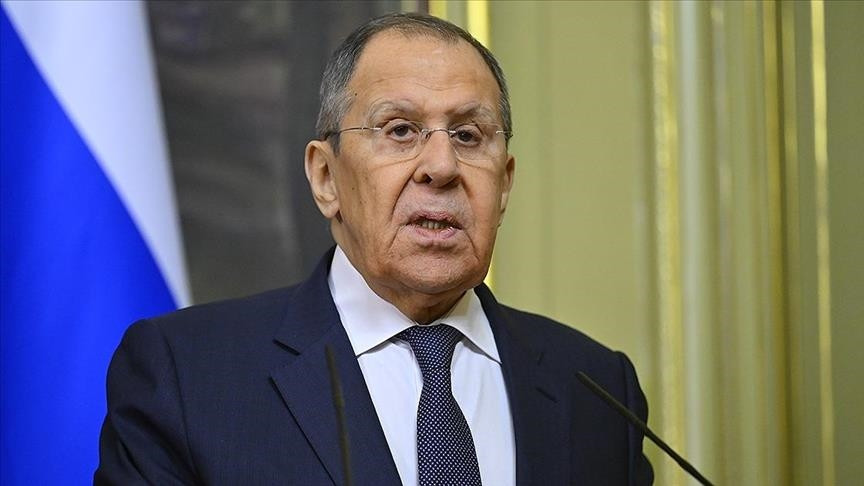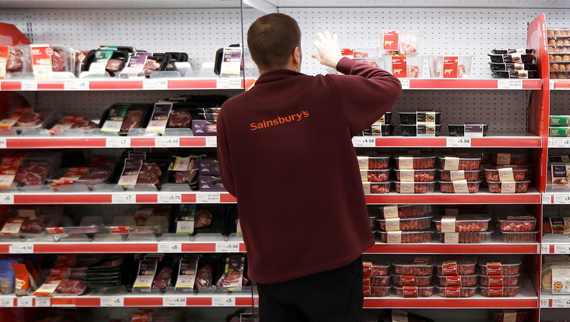Ministers in ‘active conversation’ with UK drug firms over potential tariffs
Ministers in ‘active conversation’ with UK drug firms over potential tariffs
Government seeks ways to shield industry from possible US levies amid concern over effect on medicine supply
Government seeks ways to shield industry from possible US levies amid concern over effect on medicine supply
Ministers are having an “active conversation” with UK pharmaceutical firms about the potential impact of US tariffs, amid calls for an emergency taskforce to make sure the supply of medicines is not disrupted.
The UK government has been trying to head off the threat of tariffs to the pharmaceuticals industry, which exports about £7bn of goods to the US – just behind the £8.3bn of car exports.
Ministers and negotiators are fighting to keep the exemption from tariffs for British drugmakers through a possible trade deal, but one Whitehall source said it was “impossible to read the runes” about whether the Trump administration would hit them with the levies.
Government sources said ministers had been talking to industry bosses about the potential impact and what could be done to help pharmaceutical exporters if tariffs were brought in.
One said it was “an important sector for the economy” and there was an “active conversation” about how the government could help if it was targeted by US tariffs.
The industry has refused to comment on the possible imposition of tariffs, but it has been lobbying the UK government hard against the levy on branded medicine sales to the NHS, which they say is higher than in comparable countries.
In Europe, dozens of global pharmaceutical companies have sent a letter to the head of the European Commission, Ursula von der Leyen, requesting help to maintain operations in the EU in the face of US tariffs threats, including measures to compensate them for the cost of pharmaceutical innovations.
They have said that tariffs would speed up the industry’s shift from Europe towards the US, where the price of medicines is higher.
There are also fears that tariffs on pharmaceuticals globally could cause shocks to the supply chain, threatening the availability of medicines.
The Lib Dems called for an “emergency taskforce” on Wednesday to ensure the security of medicines supply.
Helen Morgan, the Lib Dem health and social care spokesperson, called on Wes Streeting, the health secretary, to “protect NHS funding and millions of patients from drug shortages resulting from Trump’s playground bully tactics”.
“People need to know that the medicines they rely on just to get through their daily lives will be there when they need them, no matter what Trump threatens next, with the government making plans for stockpiling as a matter of urgency,” she said.
“It is vital ministers take steps to reassure the public and prepare for every scenario that the chaotic Trump administration could force upon us.”
No 10 has played down the idea that US tariffs on the trade of drugs and medicinal products will cause shortages. But Streeting has previously said that pharmaceutical tariffs could cause disruption by being “another layer of challenge” to the complicated supply chain for medicines.
Jeremy Hunt, the former Conservative chancellor and health secretary, said: “Covid should have meant a lot of work has been done on securing vital supply chains for medicines – but in retrospect it is going to look like an even more tragic mistake for the government to have lost the deal I negotiated with AstraZeneca to manufacture vaccines in Liverpool.”
Earlier this year, AstraZeneca scrapped plans for a £450m expansion of its vaccine manufacturing plant in Merseyside, blaming a cut in the funding on offer from the government.
On Wednesday, Lilian Greenwood, the roads minister, said the government was “aiming for there to be no tariffs”, but that it was all part of a negotiation.
“We know how important the life sciences sector is in the UK. Pharmaceuticals, obviously, very important to us. And that’s sure to be part of the discussions that we’re having on a trade deal, as is the UK automotive sector. And we, as a UK government, are doing all we can to protect those British industries.”
Alongside the risks that pharmaceutical tariffs could cause disruption, some in the industry said it could also create opportunities for the life sciences sector, which is strong in the UK, to be seen as a safer haven for companies than the US, which is slashing scientific research jobs. There could also be the possibility of attracting US scientists with global talent visas, and creating a more favourable climate for innovation investment.
Chi Onwurah, the Labour MP and chair of the science, innovation and technology committee, said: “I would like to see the government recognising that the life sciences strategy needs to adapt to reflect the geopolitical realities – the opportunities as well as the threats.”
Edward Argar, shadow health secretary, said: “Tariffs could have a very real impact on highly complex pharmaceutical supply chains, on costs, and potentially on our world-leading pharma sector here in the UK, which is vital to patients and to our economy.
“Unless they get a grip now, work with our US allies to secure the trade deal with the USA that is essential for our country, and take robust action to strengthen and protect our pharmaceutical supply chains, it is patients and our economy that are likely to suffer.”
Yorumunuz başarıyla alındı, inceleme ardından en kısa sürede yayına alınacaktır.
